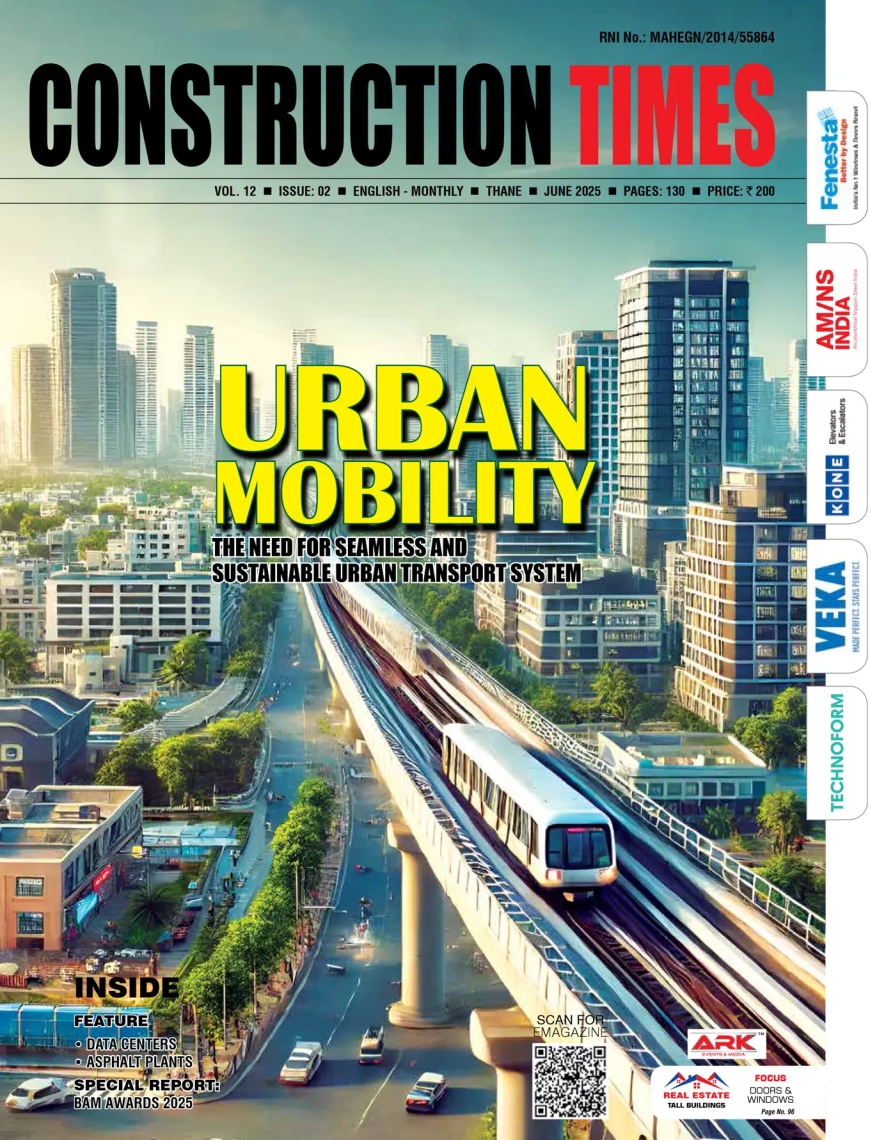FRACTIONAL OWNERSHIP in INDIAN REAL ESTATE
Those piercing skyscrapers, lavish office spaces, and sparkling showrooms have caught the eye of every passer-by. Millennials who spend half their day working in these plush spaces have all dreamt of owning them at least once in their lives. But owning crores worth of Commercial Real Estate (CRE) is beyond the bounds of possibility for

Those piercing skyscrapers, lavish office spaces, and sparkling showrooms have caught the eye of every passer-by. Millennials who spend half their day working in these plush spaces have all dreamt of owning them at least once in their lives. But owning crores worth of Commercial Real Estate (CRE) is beyond the bounds of possibility for salaried employees. Or at least so was the case until the advent of fractional ownership. Fractional ownership is stirring an investment storm in the real estate space by offering individual investors a chance to own a slice of Grade A commercial real estate.
For long, real estate investments have been constricted to the purview of residential properties, but things are changing as we speak. As a matter of fact, experts are forecasting fractional ownership in India to surpass $5 billion in the coming years. With investments as low as Rs 5 lakh, individual investors can own a fraction of premium CRE in metro cities that are home to IT parks, MNCs and warehouses owned by e-commerce companies. As the storm of fractional ownership continues to rage, a cloud of unawareness and apprehension continues to mystify the Indians.
Demystifying the concept of fractional ownership
When a set of investors, be it institutional or individual, purchase a Grade A commercial real estate in fractions, it is referred to as fractional ownership. By investing in such a property, they agree to share passive ownership of a high-worth CRE. The returns and incomes so generated are distributed to the fractional owners of the property. Fractional ownership reduces the financial burden on a single investor while allowing them to generate a steady stream of cash flows and long-term returns. Additionally, investors can diversify their portfolios by investing in multiple CREs at different locations.
For instance, there is a premium office space at a prime location in Gurugram worth Rs 100 crore. The CRE is already pre-leased by a large MNC, ensuring a steady cash flow and capital appreciation in the long term. However, an individual investor with only Rs 20 lakh to invest cannot afford to buy the property alone. But with the help of an online proptech platform such as Definite, the individual can share partial ownership of the office with a pool of similar investors. As a result, individual investors can invest in Rs 100 crore worth of CRE at just a fraction of the cost.
Working professionals in India often suffer from a dearth of viable investment options, especially in the real estate space. Fixed deposits in the bank do not offer high returns, whereas investment in the stock market can generate high returns but run a high risk as well. At a time like this, investing in CRE is emerging as a promising concept given that land is an appreciating and secure asset, generating monthly returns and long-term profits. After earning a good capital gain, investors enjoy the autonomy to sell their fraction when they want.
Catalysts for growth of fractional ownership
Fractional ownership has been prevalent in the West for over a decade now and has gained wide popularity in the US, Singapore, Hong Kong and Europe. Gradually, the concept is catching on in India as well, owing to a burgeoning population, land scarcity and wide selection of CRE. For years, the Indian populace has considered an investment in residential real estate reliable, but young investors with monthly salaries find it hard to save such huge chunks of money. Furthermore, investment in CRE has been restricted to institutional investors or High Networth Individuals (HNIs) due to their possession of the right connections, specialised knowledge and significant capital.
The advent of tech-enabled platforms is democratizing the CRE investment market by offering everyone scores of investment opportunities across different locations and asset classes. The younger generations who are tech-savvy and always finding ways to generate wealth are leveraging the resources of these proptech platforms to invest in high-grade properties. Additionally, these platforms offer highly personalized services that are tailored to the investors' needs and budgets. With appreciating capital value and steady rental incomes, CRE has become a lucrative investment avenue for a large section of the Indian populace.
The outbreak of the global pandemic has further hurt the trust of investors in conventional assets due to their poor performance. With growing market volatility, low returns and ongoing pandemic, investors are moving towards fractional ownership as a low-risk, high return model. The portfolio diversification, easy exits, regular rental income and capital appreciation have convinced individual investors to become fractional owners of CRE. Furthermore, the CRE market in India is estimated to grow by 13-16% in the next five years, making fractional ownership of CRE a profitable and promising venture.
Wrapping up
Barriers to entry such as lack of knowledge, dearth of right connections and low capital have prevented a great number of Indians from investing in Grade A commercial properties. But as technology continues to level the playing field for the commoner in different sectors and arenas, the CRE sector is opening up for fractional owners. Fractional ownership is empowering middle-class citizens to own a slice of yield generating commercial properties across multiple locations despite inexperience and low capital. Partnerships with tech-enabled platforms can smoothen their path to investing in CRE and help them generate wealth, diversify their portfolio and earn steady incomes. That day isn't far when employees working in large office buildings would also be the owners of those commercial spaces.

- Varun Mohan
CEO, Definite
Hits: 1







